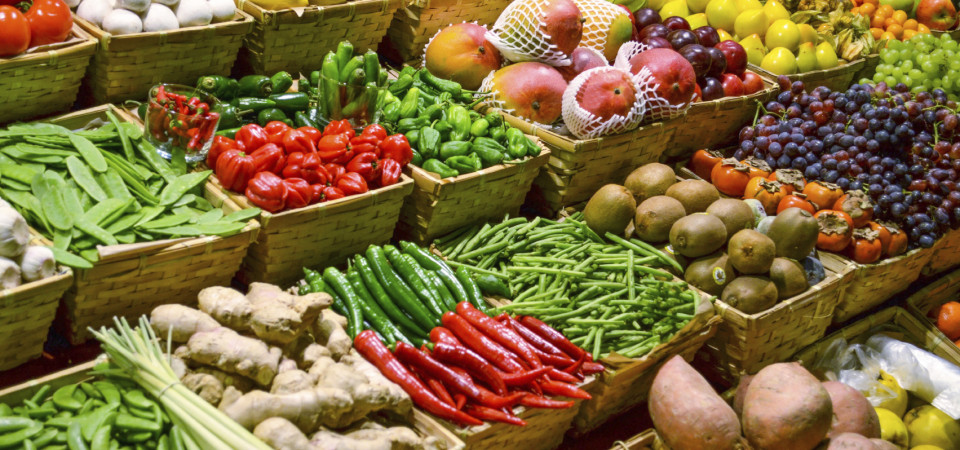The origin of the word ‘organic’ comes from the Greek ‘Organikos’, relating to the organ of a body. This word was later generalized to mean characteristics pertaining to, or derived from, living organisms.
In chemistry, ‘organic’ refers to any molecule that contains carbon. These organic compounds form the basis of all life on earth and constitute the majority of known chemicals. This is where organic-based fertilizers get their name from, all of which contain carbon.
An easy way to remember this is that the ‘c’ in Organic stands for ‘Carbon’. Carbon is the key ingredient in organic fertilizers, and also what enables them to provide soil carbon capture services to reduce harmful emissions in atmosphere. This is why our Twitter name is @OrganiCarbon.
The original Greek word isn’t so far off from the term used to denote organic-based fertilizers today, as pertaining to ‘carbon-containing’, and, consequently, ‘pertaining to all living things’.
Emerging in the 1940s the “organic farming” movement started to use the word “organic” to describe crops grown without the aid of chemical fertilizers or pesticides. This has since evolved even further to be associated with the concepts of ‘natural’ or ‘unaltered’.
However, the co-existence of the “expert” term from chemistry and the “consumer” term leads to confusion. The word is used differently depending on the level of expert knowledge and the context. But people who are not aware of the other use may misinterpret what it means.
This can also cause confusion for farmers. ‘Fertilizers approved for use in organic farming’ are almost always ‘organic-based fertilizers’, but not all ‘organic-based fertilizers’ are approved for use in organic farming.
ECOFI advocates more precision in the use of the word ‘organic’ in regulation, marketing and labelling, to ensure its meaning is clear for farmers and consumers about the products they are buying. The same problem exists for the terms “biological” and “ecological” in other European languages.
- Join ECOFI to help shape the future of the organic-based fertilizer industry
- Follow ECOFI on Twitter: @OrganiCarbon



